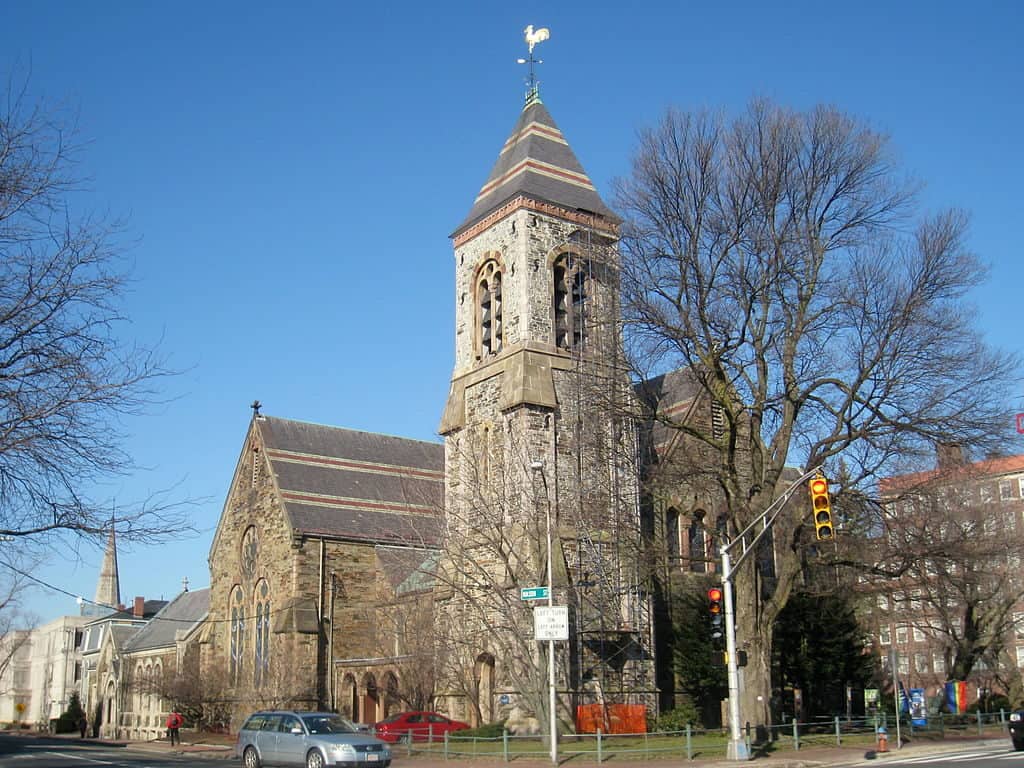Hunger does not happen in isolation. Right now, the continuing toll of drug use disorders, especially those relating to opioids, also has a huge impact on the health of our community.
In 2018, 2,033 people in Massachusetts died from opioid-related overdoses. This is only a one percent drop in the rate of fatal opioid-related overdoses compared with 2017.
And as big as the opioid addiction crisis is in the state, it is not an isolated issue. Instead, it is thought to be a big piece of a much larger problem—one of chronic economic and social stress. Many believe that the effects of inequality, isolation, and trauma fuel the crisis in communities throughout the country. And, along with other basic needs like housing and health care, access to food likely plays an important role in the larger issue.
Research has found that people with drug use disorders face a heavy burden of hunger. According to some studies, between 30 and 70 percent of people using drugs report some level of food insecurity. This can be because these individuals also contend with factors like unstable housing conditions, limited finances, and ongoing health problems.
This means that the opioid epidemic is striking people and communities that are often already under strain or in crisis.
And, closer to home, Greater Boston has been hard-hit. In 2018, opioid-related overdoses claimed the lives of 180 Boston residents and 10 Cambridge residents. But important work is being done by groups throughout the area to fight the opioid crisis and to support people affected by substance use disorders.
Food For Free is proud to work with many agencies and organizations that support some of the most vulnerable and underserved communities in Greater Boston. This includes many people directly affected by the opioid epidemic.
Every year through our Food Rescue and Distribution program we distribute two million pounds of food, which serves 30,000 people in partnership with more than 100 community food programs. Through these pantries, meal programs, shelters, and other direct service programs, Food Rescue and Distribution improves access to fresh, nutritious food for low-income populations in 12 Greater Boston cities.
Among these programs is Friday Cafe. Located in Harvard Square, Friday Cafe is hosted by First Church in Cambridge (pictured above), whose First Church Shelter Food For Free also partners with. This volunteer-run group brings together homeless and low-income folks for a weekly community meal.
“Receiving food from Food For Free dramatically impacts our program,” says Reverend Kate Layzer, who directs and founded Friday Cafe. “It enables us to offer good nutrition, especially with the produce and protein.”
In addition to hot food and coffee, Friday Cafe also shares resources and information. This includes drug use-related harm-reduction services. From time to time, Friday Cafe brings in groups like the Cambridge Needle Exchange, which holds free training for responding to life-threatening overdoses, and for using Narcan. Otherwise known as naloxone, Narcan is a lifesaving medication that rapidly reverses the symptoms of opioid overdose.
Another incredible program Food For Free works with is AHOPE—Access to Harm Reduction, Overdose Prevention, and Education—a drop-in program run by the Boston Public Health Commission. Through their walk-in center and their mobile van and outreach services, AHOPE provides active injection drug users safe, legal needle exchange, recovery and health services, risk-reduction and overdose prevention training, and—as often as possible—food.
AHOPE serves around 200 people every day, and upwards of 10,000 people a year. Their clients are often experiencing homelessness, substance abuse, and mental illness.
With no budget for food, however, AHOPE relies on donations from organizations like Food For Free to help meet the needs of their clients.
“Receiving food from Food For Free impacts our program in so many different ways,” said AHOPE director Sarah Mackin. “Sometimes it’s the only hot meal they’ll see for the day. Serving food helps create an environment that feels like home, where they can be themselves and be accepted.”
Not far away, on Massachusetts Avenue in Boston’s South End, Commonwealth Land Trust works to connect housing and care for some of the state’s most vulnerable residents. CLT owns and manages affordable and supportive housing with on-site case management services. Their Massachusetts Avenue location has 18 residents, and an additional 18 people connected to the site.
Among the group’s low-income and formerly homeless residents are many individuals who struggle with multiple health issues, including drug use disorder, physical disabilities, mental illness, and HIV/AIDS.
In addition to medical case management and housing support, they offer on-site cooking and a food pantry.
“The impact that Food For Free has on our program is a huge help, especially for undocumented folks and those actively using,” said on-site manager Tina Kelsey. “Without Food For Free, they’d be starving, which would add more stress and pressure on them.”
“When clients come off the street and improve their lives, it’s all worth it,” said Kelsey. “Getting them involved in meetings, schools, work—makes a big difference. And this is my life’s work.”
Programs like Friday Cafe, AHOPE, and Commonwealth Land Trust do incredible work to support people in crisis, and to make our entire community stronger and healthier. We are proud to partner with them—and many others like them—in this effort.


